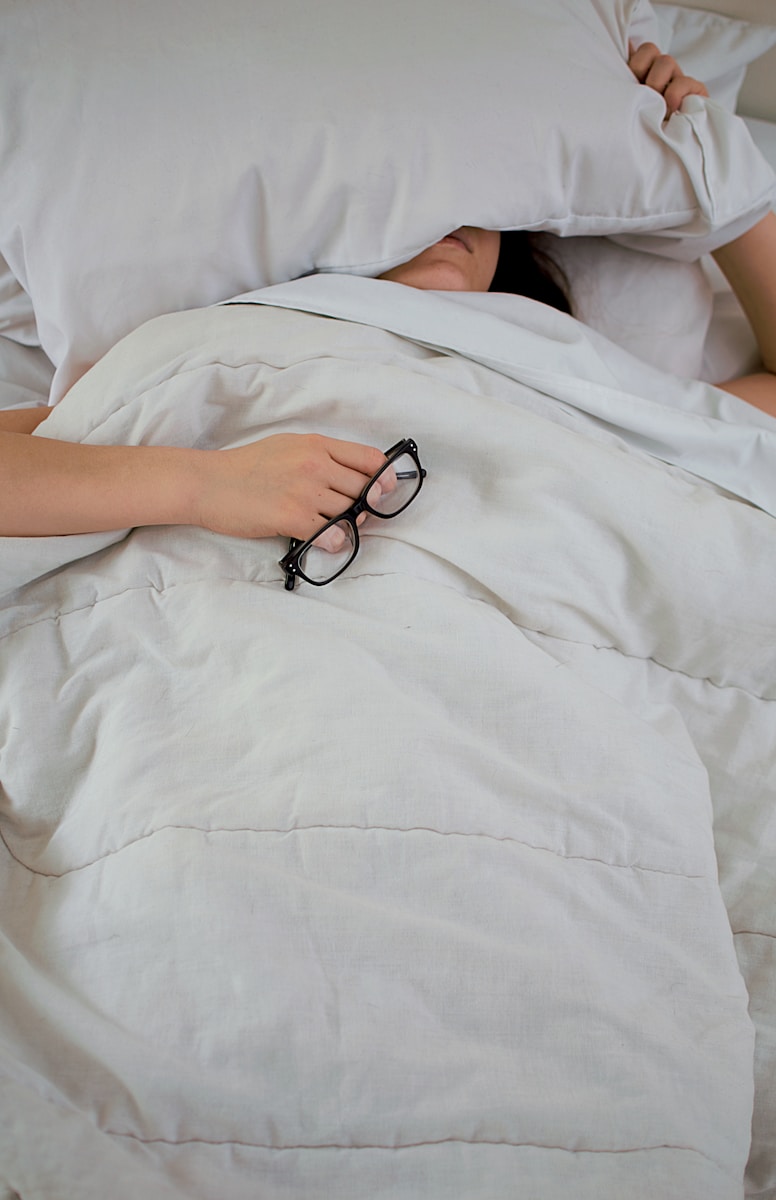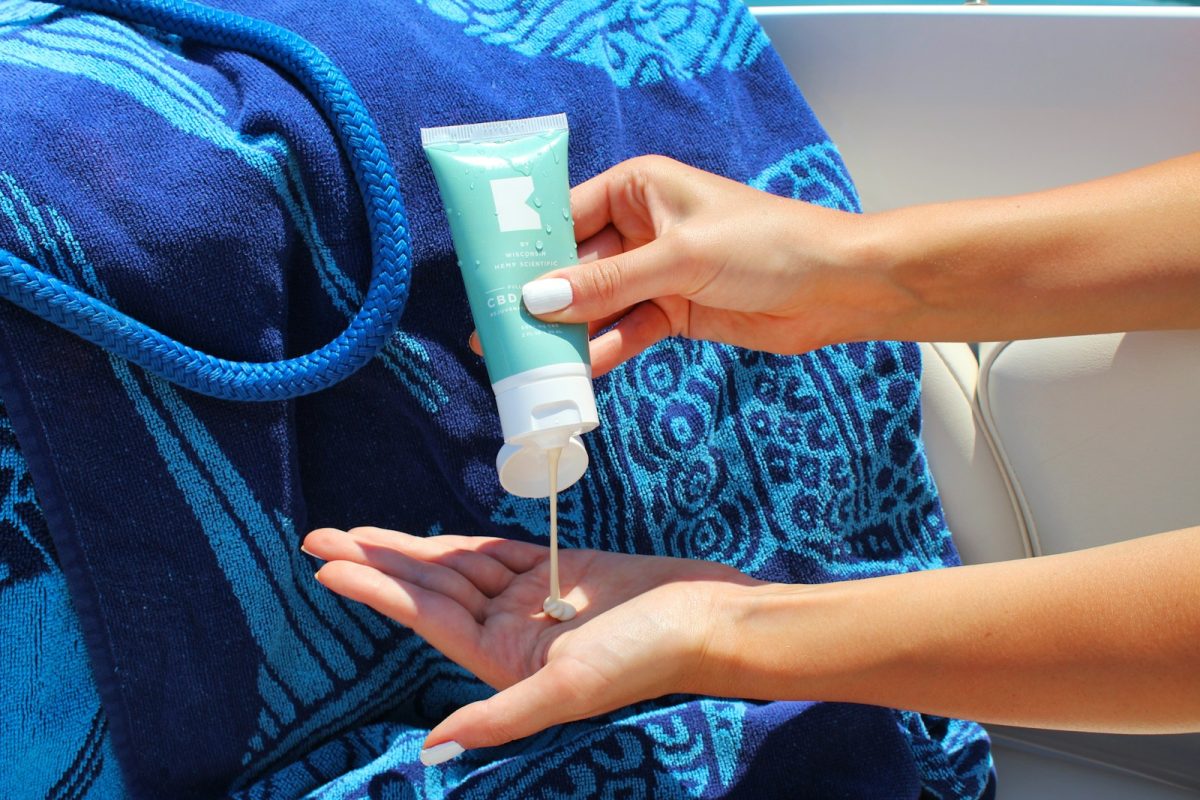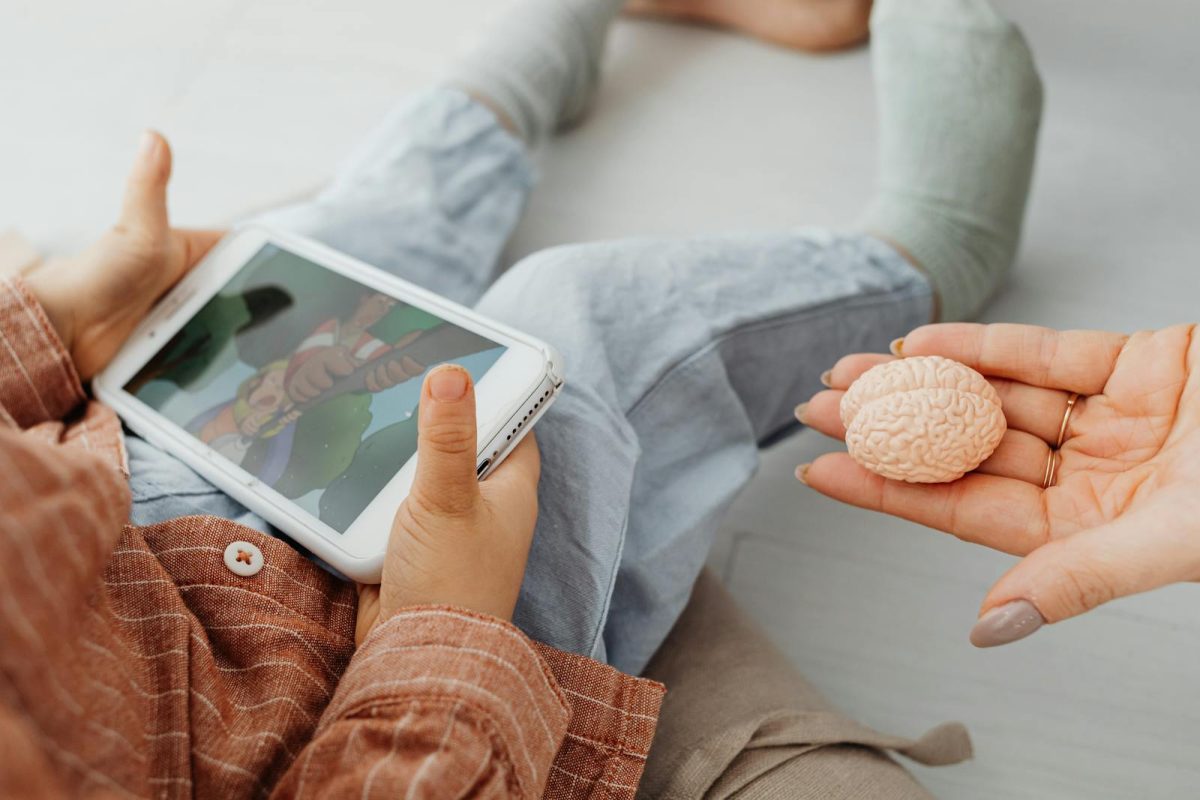Have you ever awakened to a clear morning sky and felt invigorated? One of the main causes of your mood is the intense blue light emitted by the sun. Of all the visible wavelengths in the spectrum of light, blue wavelengths play the most significant role in regulating your sleep-wake circadian rhythm. Natural and synthetic blue light can increase alertness and mental clarity. However, too much of it can keep you awake at a time when your body is in the process of winding down.
On average, Americans spend 7 hours per day on their electronic devices, which means they’re spending a significant amount of time staring into blue light. Not only that, but nine out of ten Americans say they reach for their electronic devices at least a few times each week right before they go to sleep, which could be a sign that they’re not getting enough sleep. Your devices may look white, but they emit wavelengths in the 400-490 nanometer range, which is known as blue light. Indoor sources that emit blue light include TV, phones, tablets, gaming systems, fluorescent bulbs, LED bulbs, computer monitors, and more.
The easiest way to reduce your exposure to blue light is to switch off your phone, TV, or other device before going to sleep. Other ways to reduce blue light include wearing blue light blocking glasses, which are available online. You can opt for amber or brown tinted lenses. Limit your screen time starting 2 to 3 hours before going to bed. Turn down the brightness on your device. This is often referred to as night mode, also known as dark mode. This will change the background color from white to black.
Install blue light filtering apps on your smartphone, tablet, or computer screen. Blue light filters a large amount of blue light before it reaches your eyes, without making it difficult to see the screen. Switch light bulbs. LED bulbs produce more blue light than fluorescents, and both emit more blue than traditional incandescent bulbs (which are being phased out). Use a low-intensity red light bulb as a night light. Red light is the color that affects your circadian rhythm the least. Alarm yourself for 1 hour before going to sleep to remind yourself to stop using devices.
Related Stories:
- https:// www.webmd.com/sleep-disorders/sleep-blue-light
- https:// www.health.harvard.edu/staying-healthy/blue-light-has-a-dark-side
- https:// www.sleepfoundation.org/bedroom-environment/blue-light
- https:// www.ncbi.nlm.nih.gov/pmc/articles/PMC9424753/
- https:// www.medicalnewstoday.com/articles/blue-light-may-not-affect-sleep-wake-cycle
Take Action:






